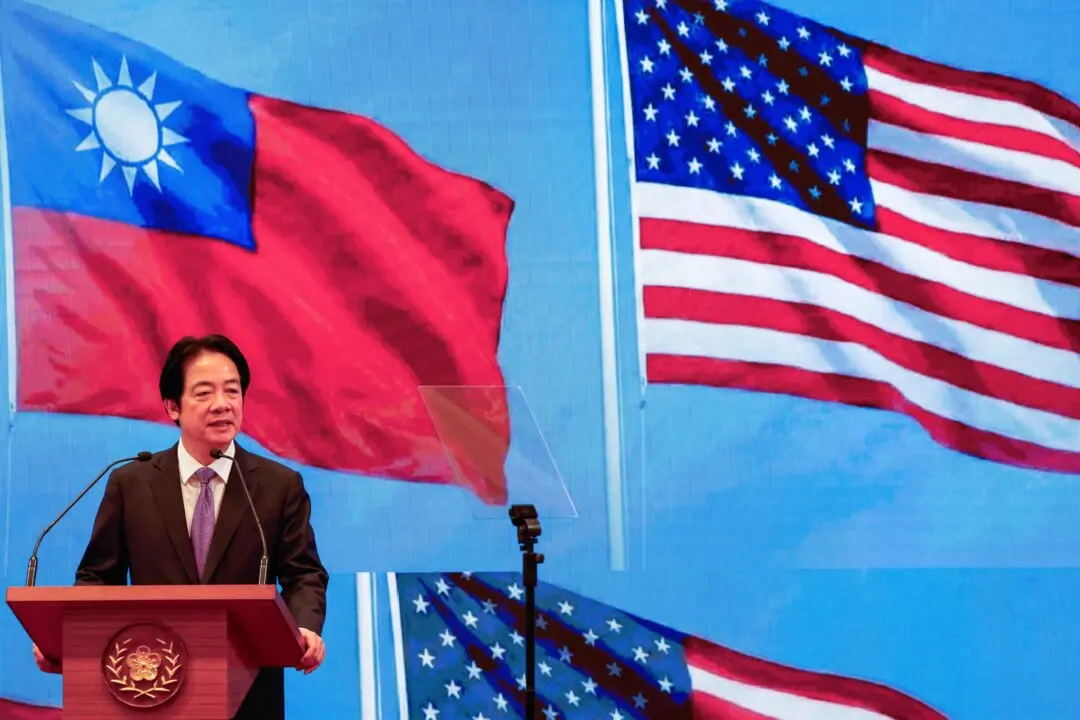When the Three Gorges Dam was completed in 2006, it was hailed by the Chinese regime as a great engineering achievement. But critics say that the massive hydraulic project has caused many problems for the Yangtze River and its surrounding areas for over a decade—over 1.5 million residents living near the Yangtze River were forcibly resettled; deteriorating water quality endangered plant and animal life; and construction waste has caused severe environmental pollution.
Taken in this context, a pledge by Xi Jinping, the leader of the Chinese Communist Party, to halt new building projects on the Yangtze River seems a remarkable turnaround.
During a Jan. 5 forum held in the southwestern Chinese province of Chongqing and attended by Party leaders from cities and provinces along the Yangtze, Xi called the river, named “chang jiang” in Chinese, “an important ecological treasure.”
He added: “For now and a longways into the future, the restoring of the Yangtze’s ecological environment must be placed at the forefront. Major protection, not major development” is the goal.
Environmental experts praise Xi Jinping’s speech and intentions, but question local officials’ willingness to actually transform the Party leader’s words into action.
Xue Shikui, a senior environmental scientist at the South Florida Water Management District, told Epoch Times in a telephone interview that a proposal similar to Xi’s was ever raised. “Local authorities would likely heed Xi Jinping’s overall proposal,” he said.
But their environmental protection efforts could take sometime to take effect because they have to negotiate with different local business and political groups who “all want to benefit from the Yangtze River,” according to Liu Shukun, a professor at the China Institute of Water Resources and Hydropower Research in Beijing.
“Yangtze River is basically like Xuanzang,” said Liu, referring to the Buddhist monk in the Chinese classic “Journey to the West,“ who throughout the novel is pursued by demons trying to eat his flesh. ”The people in the navigation business dump oil and other pollutants in the Yangtze River. The mining industry and road repairing business also dump soils and rocks in the river. The electricity companies want to construct hydropower stations to boost their profits.”




